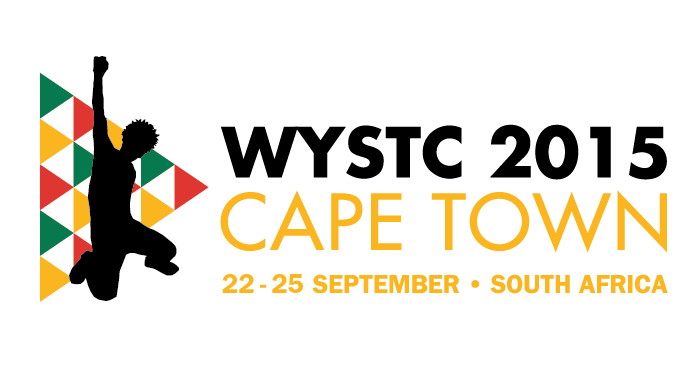
The cooperation is expected to serve the needs of youth, student and educational travellers worldwide
The Erasmus Student Network (ESN), Europe’s largest student organisation, and the World Youth Student and Educational (WYSE) Travel Confederation, the global not-for-profit organisation which represents the global youth, student and educational travel industry, announce today that they have signed a Memorandum of Understanding (MoU) in order to deepen the cooperation between the two organisations. ESN has also become a member of WYSE Travel Confederation.
“I’m extremely happy and proud to sign this MoU between ESN and WYSE Travel Confederation, an organisation with whom we share many values,” said: Stefan Jahnke, President of the Erasmus Student Network. “As more and more young people get the opportunity to study, travel, work and volunteer abroad, it is in our mutual interest to ensure that their experiences are not only unforgettable and life-changing, but also safe and of high quality. ESN is therefore delighted to be able to represent young people and students within such an influential organisation as WYSE Travel Confederation.”
Both ESN and WYSE Travel Confederation work with the aim of serving the youth, student and educational population, facilitating access to international education, travel and work opportunities as well as experiences. The ESN network annually serves over 190.000 international students in Europe, while members of the WYSE Travel Confederation serve 30 million young travellers worldwide; together the organisations aim to cooperate in order to improve the youth tourism sector and assist the industry in understanding the needs and preferences of young people.
Together ESN and WYSE Travel Confederation are planning to collaborate on enriching the content of events such as the World Youth and Student Travel Conference (WYSTC), the leading trade event for the global youth, student and educational travel industry, and the ESN Annual General Meeting (AGM), an event gathering over 700 student representatives from all of ESN’s 37 member countries.
David Chapman, Director General at WYSE Travel Confederation, added: “We are delighted to have signed a Memorandum of Understanding with the Erasmus Student Network. We look forward to working with our new member and partner to bring students together with the travel organisations that serve them to ultimately enhance the young traveller experience.”
“As part of our joint activities, ESN will be coordinating a panel of international students for our ‘The student traveller offline’ seminar at WYSTC 2015 in Cape Town this September. During the session, the students will have the opportunity to articulate their travel preferences and desires, plus discuss how the economy and social media inform their lifestyle and consumer decisions and vice versa, to an audience of travel industry professionals from across the globe.”
The organisations are also planning to cooperate on research and projects aiming at facilitating international experiences and solving challenges faced by young people today. Lastly, the cooperation also aims at offering young people career development and employment opportunities through the promotion of opportunities available within the tourism sector.

The World Youth Student and Educational (WYSE) Travel Confederation is a global not-for-profit membership organisation dedicated to promoting and developing opportunities for the youth, student and educational travel industry. Providing international travel experiences to over 30 million youth and students each year, WYSE Travel Confederation’s global community of over 800 members spans more than 120 countries from a diverse range of sectors. For more information visit http://wysetc.org
Erasmus Student Network is the biggest student organisation in Europe, founded in 1989 to support and develop student exchange. ESN is present in more than 480 Higher Education Institutions in 37 countries involving around 14,500 volunteers offering its services to 190,000 international students. ESN works for the creation of a more mobile and flexible education environment by supporting and developing student exchanges on different levels and provides an intercultural experience also to those students who cannot access a period abroad ('internationalisation at home'). For more information visit http://esn.org


Follow ESN